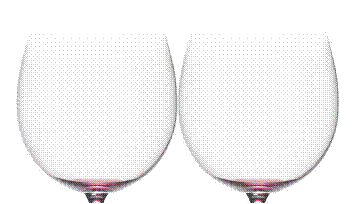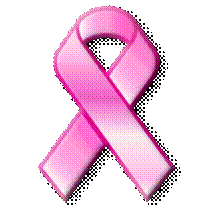Here come the girls!


|
Empty CaloriesDid you know that there are 185 calories in a large glass of white wine? That’s why, if you regularly stay within your recommended daily alcohol limit, you’re more likely to look and feel in better shape. If you're watching your weight, watch your drinking. Many of our favourite alcoholic drinks contain more calories than we realise. Did you know that a standard 175ml serving of white wine has the same number of calories as a packet of crisps? And that a pint of cider contains the same number of calories as a slice of cake.
The recommended daily calorie intake for women is 2,000 and for men is 2,500. |
Nutritional value of alcohol
Each gram of alcohol contains seven calories. If you're watching your waistline, cutting down on alcohol will help to reduce calorie intake. Alcohol can also weaken your willpower, tempting you to eat more than you planned.
Alcohol is often referred to as a source of 'empty calories', meaning it has no nutritional value other than providing energy. The energy provided by an alcoholic drink depends on the percentage of alcohol it contains, but also on the type of drink it is. For example, a creamy liqueur will have more calories than a clear liqueur.
What is the connection between depression and alcohol?
We know that there is a connection – self-harm and suicide are much commoner in people with alcohol problems.
It seems that it can work in two ways:
- you regularly drink too much (including ‘binge drinking’) which makes you feel depressed, OR
- you drink to relieve anxiety or depression
Either way:
- Alcohol affects the chemistry of the brain, increasing the risk of depression.
- Hangovers can create a cycle of waking up feeling ill, anxious, jittery and guilty.
- Life gets depressing – arguments with family or friends, trouble at work, memory and sexual problems.
For more information on alcohol and mental health please click here
Breast Cancer


Did you know that women who regularly exceed the recommended daily alcohol limit increase their risk of breast cancer by a third.
If you want to find out more about breast cancer click link www.cancerresearchuk.org/
Tips for staying safe on a night out
- At the start of an evening, plan how you'll get home - take phone numbers for taxis and keep enough money to pay for the journey home or agree who will drive and not drink
- Don't accept drinks from strangers
- Don't leave your drink unattended
- Don't get into an unlicensed cab or a stranger's car - for women especially there's an increased risk of sexual assault
- Don't get into a car with a driver who you know has been drinking or taking drugs
- Don't leave your friends to go off with someone you don't know
- Avoid walking home on your own or through dark or unsafe areas if you've been drinking
- Avoid aggressive drinkers - just walk away if someone seems to be getting too rowdy
Carry a condom - if you have sex, make sure it's safe






